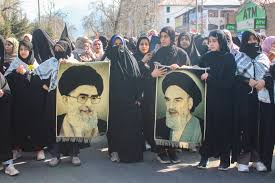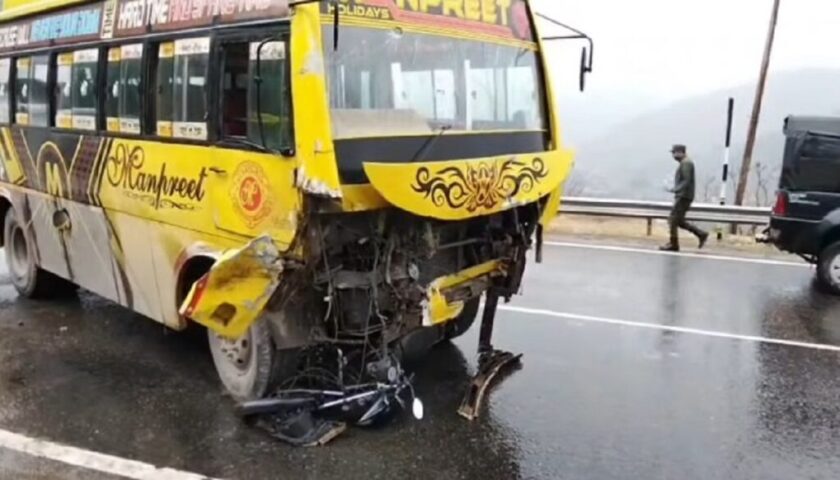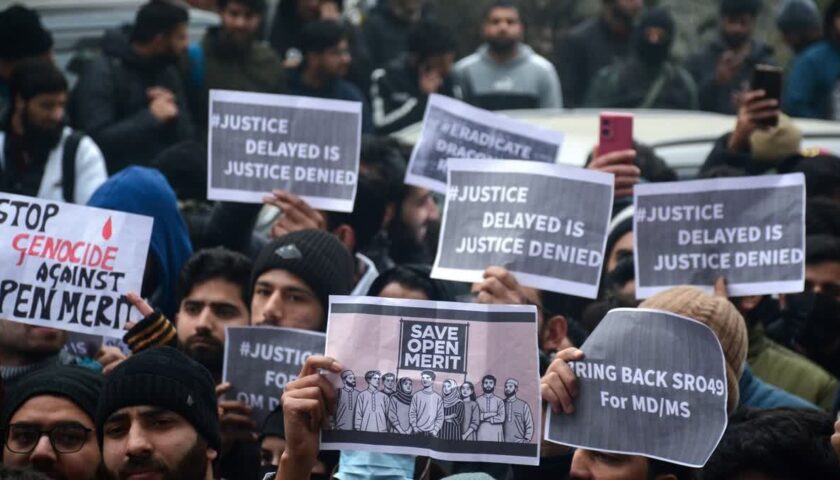Bilal Ahmad Wani, a dried fruit seller from Qazigund, has succumbed to burn injuries after setting himself on fire on Sunday.
By: Javid Amin | 16 November 2025
What Happened: A Father’s Last Act of Despair
On Sunday, 16 November 2025, Bilal Ahmad Wani, a 55-year-old dried-fruit seller from Qazigund in south Kashmir’s Kulgam district, set himself on fire. According to his family, he did so after being overwhelmed by despair — his son and brother had been detained for questioning by security agencies.
Wani was first taken to a hospital in Anantnag after the self-immolation. As his condition deteriorated, he was referred to SMHS Hospital, Srinagar, where he unfortunately succumbed to his burn injuries around midnight.
“A father’s desperation turned into tragedy. Bilal Ahmad Wani, a dried-fruit seller from Qazigund, set himself on fire after being denied access to his detained son and brother — now he has died of his injuries. Kashmir’s pain demands accountability.
The Trigger: Detentions Amid a Terror Investigation
-
Wani’s son, Jasir Bilal, was picked up for questioning by the Counter Intelligence Kashmir (CIK) earlier in the week.
-
His brother, identified in some reports as Nabeel (or Naveel) Wani, was also questioned.
-
The detentions are linked to a “white-collar terror module” allegedly connected to a larger investigation following the Red Fort blast.
-
Wani is said to have lived near Dr. Muzaffar Rather, who is one of the key accused in the terror-module case.
Family members claim Wani repeatedly asked to be allowed to meet his detained relatives but was denied. According to a relative, after being called to the police station and released, he returned home visibly shaken and quiet.
Official Response & Political Reaction
-
On one hand, security agencies are presenting this as part of their investigation — Wani had been questioned and released, and his son remains in custody.
-
On the other hand, political leaders and civil rights voices have expressed grave concern:
-
Mehbooba Mufti, former J&K Chief Minister, strongly criticized the detentions. She called Wani’s act “a consequence of high-handedness” and warned that random detentions risk driving people toward despair.
-
Mufti called for authorities to allow Wani to meet his detained family members. India Today
-
Broader Implications & Human Rights Concerns
This tragedy raises several urgent and painful questions:
-
Psychological Toll of Detention
Wani’s self-immolation points to an acute mental health crisis: the trauma of seeing loved ones detained, combined with a lack of transparency, may push vulnerable individuals to desperate acts. -
Transparency and Dignity
If families are denied access or even basic information about the status of their loved ones, that can deepen suspicion, fear, and a sense of powerlessness. -
Counter-Terror vs. Human Rights
While the government argues its crackdown is necessary for national security, incidents like this expose the fragile balance between security measures and humane treatment. Critics warn that overly aggressive tactics may erode trust in the state, especially in conflict-sensitive regions. -
Community Trust
Wani was not a public figure or militant — he was a dry-fruit seller. His self-immolation may fuel resentment, alienation, and fear in his community, especially among those who see themselves as collateral in broad security operations.
What Needs to Be Done: Demands & Path Forward
Given the gravity of the incident, several steps appear necessary:
-
Independent Inquiry: There should be an impartial investigation into the circumstances that led Wani to take such a step — examining whether detention procedures, family access, and mental-health support were handled properly.
-
Family Access Guarantees: Authorities should ensure that detained individuals’ families are regularly informed, allowed visits (where appropriate), and treated with dignity.
-
Psychosocial Support: Immediate access to counseling and mental-health services must be provided for families impacted by detentions.
-
Oversight on Interrogations: Strengthen oversight mechanisms for agencies carrying out counter-terror interrogations, to ensure they don’t cross lines that risk human rights abuses.
-
Public Communication: Transparent and sensitive public communication is required — not just by security agencies, but by political leadership — to prevent despair from turning into cynicism or radicalization.
Why This Matters
-
Human Cost: At its core, Wani’s death is a deeply human tragedy — a father’s pain turned fatal.
-
Signal to Authorities: This incident is a red flag about how heavy-handed security responses can harm innocent civilians and erode social trust.
-
Broader Narrative: In Kashmir, where security operations and civilian life are constantly intertwined, such acts of desperation spotlight the urgent need for empathy, accountability, and reform.




